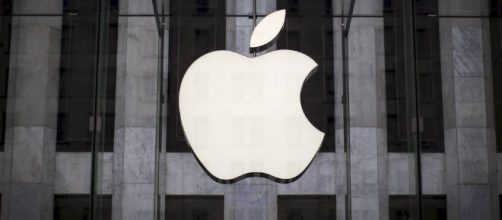The future of transportation is inching ever closer as Apple has become the latest player to throw its hat into the autonomous driving ring. The technology powerhouse, who is best known for its phones and computers, joined the impressive list of companies with permits to test self-driving cars on the residential streets of California; a list that also includes Tesla and Ford.
Permit fuels the rumors of Project Titan
Last year, whispers abounded that Apple was working a self-Driving Car, codenamed Project Titian, that would compete with the likes of Tesla and Google and seek to change the landscape of the auto industry and to drive as we know it.
Unfortunately for Apple, the scope and complexity of the project seemed to have been underestimated, and Project Titan was severely downsized. The focus was then believed to have been shifted to the software to operate the self-driving car, while it was speculated that Apple would seek partnership with an automaker for the actual construction of the cars themselves.
It now looks like the name of that automaker could have been revealed as the permit that Apple was granted lists three vehicles, all 2015 Lexus RX540h models, as being covered.
Apple providing information to National Highway Traffic Safety Administration (NHTSA)
Although Apple has never publicly acknowledged the existence of the self-driving car project, Apple sent a letter to the NHTSA in November 2016 concerning autonomous driving car regulations.
Apple remains tight-lipped, simply saying that they are, "investing heavily in machine learning and autonomous systems... we want to work with NHTSA to help define the best practices for the industry." Currently, those granted self-driving car test permits in California, for example, are still required to have a driver behind the wheel, a practice that acts as fail safe.
Additionally, The California Dmv requires that every manufacturer working on autonomous driving submit an annual report to the NHSTA. Within this report, the company outlines any 'disengagements' of the autonomous technology during testing. Simply put, manufacturers of self-driving cars must report their short-comings and failures of their current technology.
This is beneficial to both parties, as it gives the companies a clear idea of where their technology has left to go; at the same time, the NHTSA can ensure that every company is operating within the industry standards. These safety standards could have benefited Uber recently, as one of the self-driving cars they were testing in Arizona was involved in a major accident.
This news has Apple enthusiasts and technology buffs alike excited to see what Apple will bring to the table. Apple is known for its innovation and forward-thinking and autonomous driving, a new frontier for the company surely will be no different.

